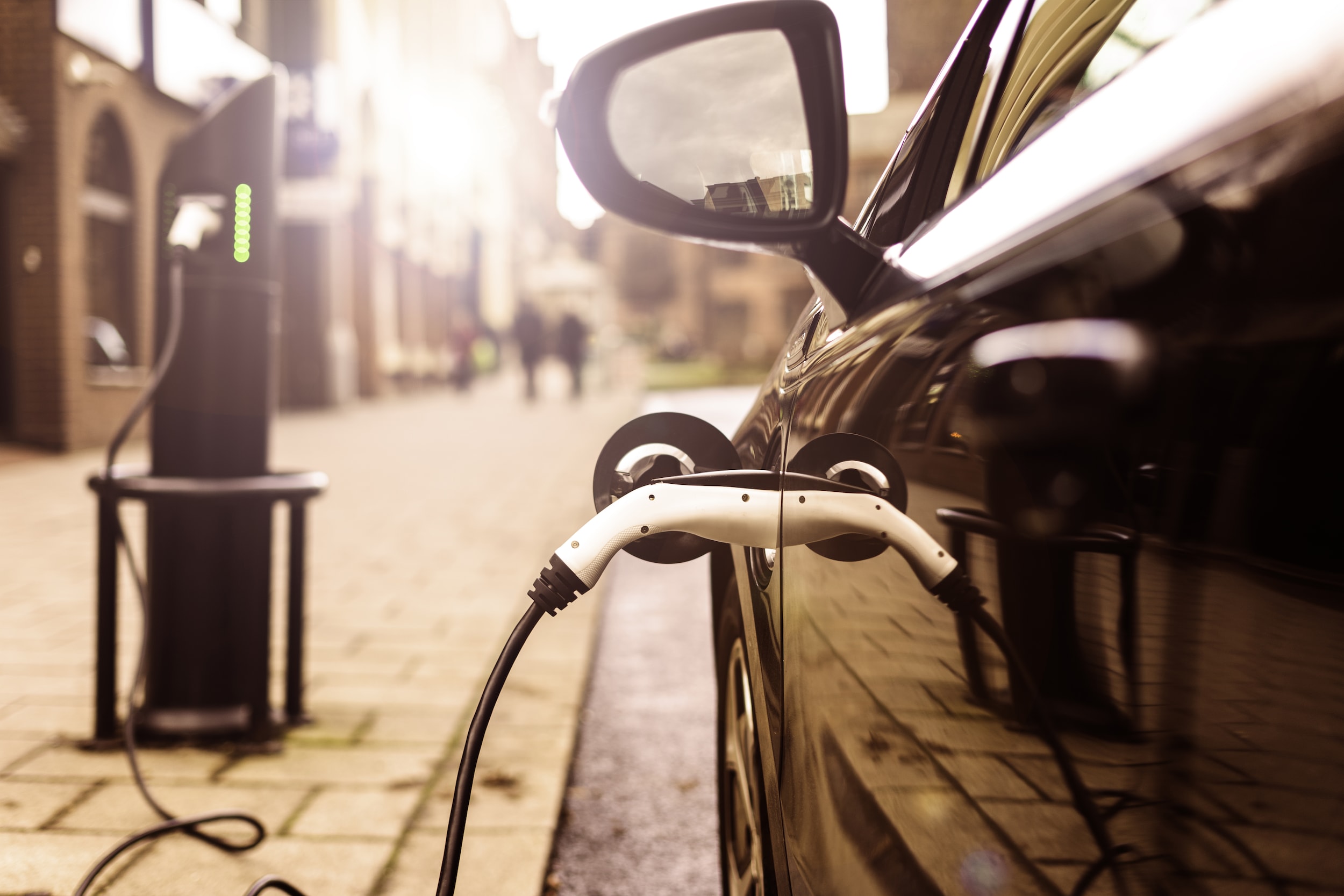Busting EV Myths at Friendly Ford
Are Electric Vehicles (EVs) weaker than gas-powered vehicles?
No, it's quite the opposite. EVs generally create more horsepower and torque than similarly sized gas counterparts. Additionally, the horsepower and torque are nearly instantaneous. The Ford Mustang Mach-E launches from zero to 60 mph in just 3.7 seconds.
EVs are expensive. How is it that they save owners money?
Sticker shock is a big concern for drivers looking to switch to an electric vehicle. There are federal tax incentives and state rebates that can help Michigan drivers make their EV more affordable. However, the biggest savings come with long-term ownership. In the first year, EV owners typically save $1,000-$3,000 per year, depending on how gas prices fluctuate, and drive about 15,000 miles per year. Additionally, maintenance costs are much lower for EVs than gas vehicles. EVs need very little maintenance, as little as once a year or every 10,000 miles, to check the brakes and tires.
How to EV Tax Credits Work?
Unfortunately, Michigan does not offer incentives for purchasing clean vehicles. However, Michigan drivers can qualify for Federal Tax Credits for EVs and plug-in hybrid electric vehicles at Friendly Ford, like the Ford F-150 Lighting and the Ford Escape Plug-in Hybrid. Additionally, new rules allow buyers to transfer the credit to the dealership so we can take the amount of the credit directly off the purchase price rather than waiting until tax return season to apply the credit and lower tax liability.
Are EVs Really Better for the Environment?
There are arguments that the production of EVs or charging EVs on an electric grid powered by fossil fuels negates their environmental benefits. However, because EVs produce zero emissions, the benefits of not contributing to air pollution make up for the negative effects of production processes or electricity use.
Additionally, EVs use energy much more efficiently than gas engines. Unlike gas vehicles, which waste most of the energy produced by fuel, as much as 80% lost, EVs convert most of the energy to the power sent directly to the wheels rather than just generating heat and losing it to the atmosphere.
According to the US Department of Energy, for every gallon you put in your gas-powered vehicle, only 12 to 30% of the energy created is sent to the wheels. The rest of the energy is lost as heat through engine losses, auxiliary electrical losses, parasitic losses, drivetrain losses, and idle losses.
Can the Electric Grid in Michigan Handle EVs?
Yes, especially if you recharge your vehicle during off-peak hours (3:00 pm to 10:00 pm). The amount of electricity an EV uses to recharge is like running a clothes washer for 5 hours.
Are Electric Vehicles Safe?
Hybrid, Plug-in Hybrid, and electric vehicles are held to the same safety and testing standards as conventional gas vehicles in the United States per the Federal Motor Vehicle Safety Standards. Ford EV battery packs meet rigorous testing standards and are designed with insulated high-voltage lines to protect drivers and passengers. In the event of a collision, the electric system deactivates as an additional safety measure.
How Long Do Electric Vehicle Batteries Last?
The powerful battery packs in Ford EVs are expected to last 10 to 20 years. The longevity of EV batteries depends on many factors, like charging cycles and severe weather. However, the batteries last far longer than most people keep their vehicles. Ford is so certain about the quality and longevity of the battery packs that they cover the electrical components for eight years or 100,000 miles.
300 miles Doesn't Sound Like Much Range. Will I Get Stranded?
Most people drive an average of 40 miles per day and can recharge at home by plugging in overnight. If you are worried about range, the Ford Mustang Mach-E and Ford F-150 Lighting have the option for extended-range battery packs. When selecting your Ford EV, you can choose the model that offers the most range over speed or power.
For most drivers who have a reliable way to charge their vehicles either at home or a nearby charging station, range is a non-issue. However, the concern is understandable, considering that gas vehicles have an average range of over 400 miles, and people are accustomed to easy and quick access to refueling stations. Taking longer drives like road trips will take more careful planning to ensure access to EV charging stations along the route and allotting wait times for recharging sessions.

